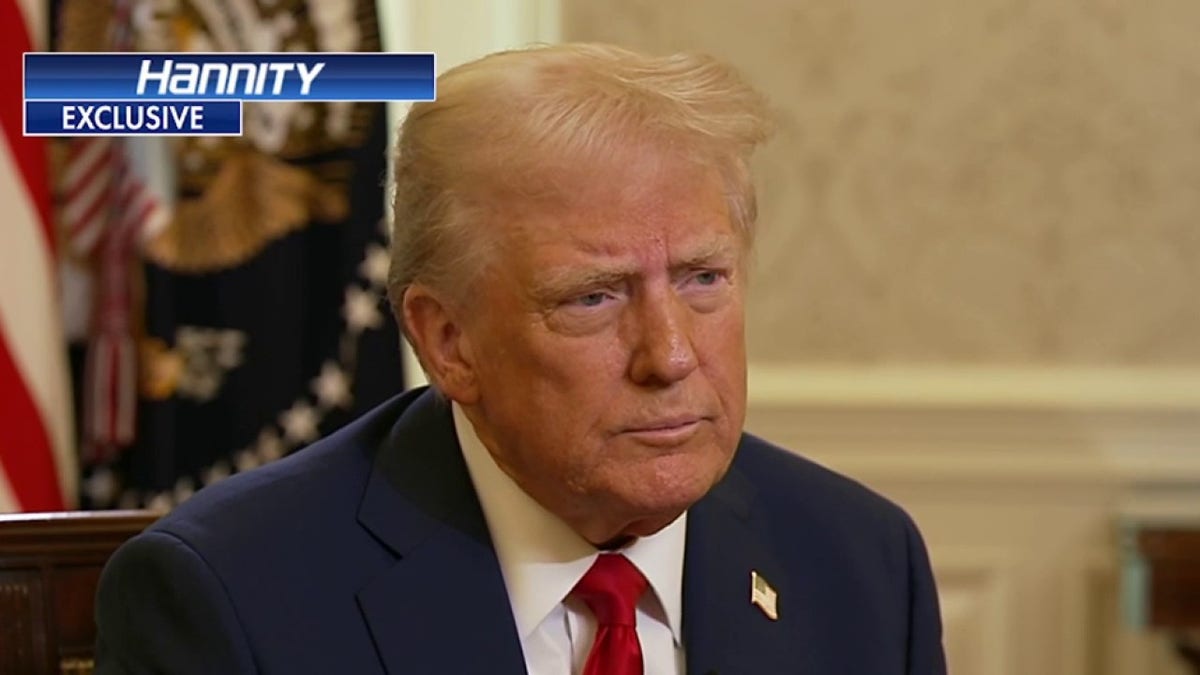Former President Donald Trump has recently revived discussions about the possibility of nuclear disarmament talks with global powers, including Russia and China. During his time in office, he expressed a desire to reduce nuclear arsenals, citing the immense financial burden and catastrophic potential of these weapons. He even claimed to have been close to an agreement with Russia on denuclearization before his first term ended.
However, the current geopolitical climate presents significant obstacles to such negotiations. Russia's suspension of the New START treaty and China's reluctance to engage in arms reduction talks with the U.S. pose major challenges. China, in particular, has been expanding its nuclear capabilities, projected to possess over 1,000 warheads by 2030. While recent statements from Russian President Vladimir Putin suggest a willingness to re-engage with the U.S., Russia's stance on arms control appears tied to the ongoing conflict in Ukraine.

Furthermore, experts point out that Russia might be using arms control negotiations as leverage to secure concessions from the U.S. regarding the war in Ukraine. John Erath of the Center for Arms Control and Non-proliferation suggests Russia may be offering arms control talks as a way to encourage the U.S. to abandon its support for Ukraine.
Beyond Russia and China, other nations like North Korea and Iran also possess or are developing nuclear weapons, further complicating the landscape of nuclear disarmament. North Korea's estimated arsenal of 50 warheads and Iran's progress in uranium enrichment underscore the need for a comprehensive approach to nuclear non-proliferation.

Despite the difficulties, many agree on the necessity of modernizing and maintaining the U.S. nuclear arsenal while minimizing expenses. The projected cost of storing and maintaining U.S. nuclear weapons between 2023 and 2032 is estimated at $756 billion, highlighting the substantial financial investment required.

While the future of nuclear disarmament remains uncertain, the renewed discussion underscores the ongoing need for international cooperation and strategic planning to address the complex challenges posed by nuclear proliferation.
Comments(0)
Top Comments